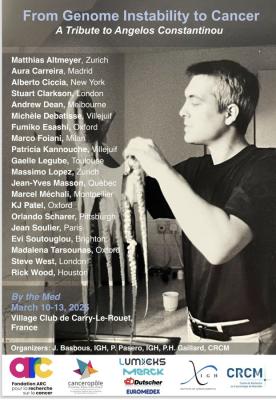Immediately after fertilization, mammalian embryos undergo a dramatic reshaping of the epigenome as the embryo transitions from the zygote into the pluripotent cells primed for lineage commitment. This is best exemplified by 5-cytosine DNA methylation (5meC) reprogramming, as the gametic patterns are largely erased, and the embryonic genome undergoes a wave of de novo DNA methylation. Moreover, once 5meC patterns are established, mechanisms faithfully maintain the mark across cell division. Thus, there is latent potential for DNA methylation deposited in the early embryo to exhibit a lifelong effect.
DNA methylation is a modification that is typically associated with gene repression at repetitive elements and at a minority of protein coding genes. However, the methyl-mark is broadly distributed throughout the genome, including actively transcribed regions. In our lab, we are interested in the non-canonical functions of DNA methylation in genome regulation. These include the interplay with other chromatin pathways, the influence on chromatin architecture, and the role at cis regulatory elements. Pertinently, in all cases we have an agnostic prediction of whether 5meC has a positive, negative, or neutral impact on gene expression.
To interrogate these aforementioned non-canonical roles, we are primarily utilizing a cell-based differentiation system that recapitulates the embryonic wave of 5meC establishment, employing both wild-type and mutant cell lines that are deficient for DNA methylation machinery. We are synthesizing genome-wide assays with a precision epigenome editing approach in order to address the locus-specific impact of DNA methylation. Our ultimate goal is to gain a clear understanding of the profound epigenetic consequences of DNA methylation on this window of development, which occurs in the first week of mouse embryogenesis, and the second of human, but the repercussions of which can ripple throughout life. Our latest results will be discussed.



